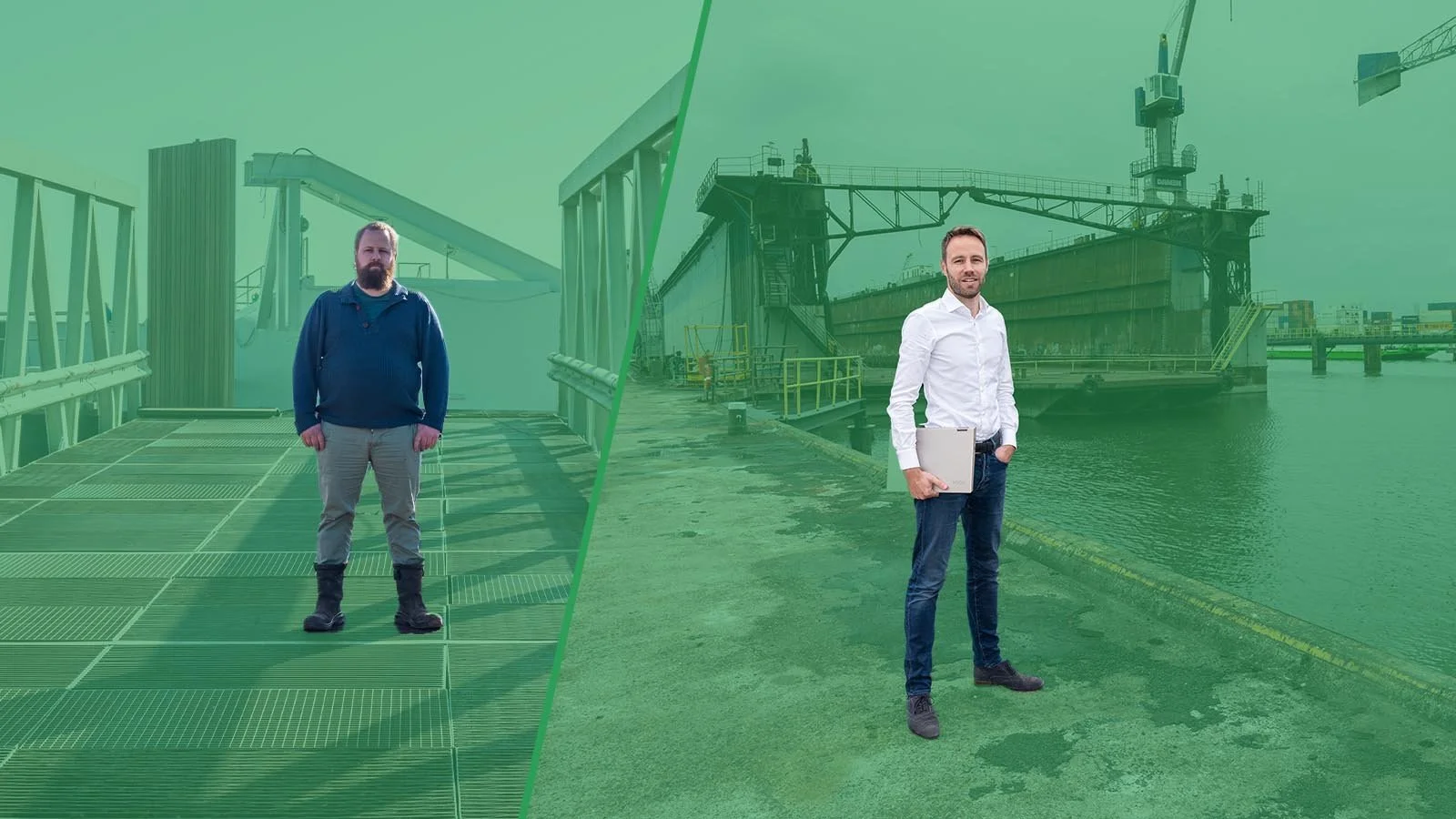Why most contractors fail at contract compliance (And How to Fix It Today)
Talented contractors with excellent technical skills are sometimes failing because they've completely lost track of what they actually committed to deliver, while actually being well equipped to execute the work. Sound familiar?
While contractors focus on managing daily operations and putting out fires, that carefully negotiated contract sits buried in project files, only to resurface when disputes arise. This approach is a recipe for disaster.
In this article, you'll discover why contract verification is make-or-break for your business survival, learn the 5 step strategy that separates successful contractors from those drowning in disputes, and get practical steps to implement a bulletproof contract compliance system starting today. By the end, you'll know exactly how to protect your profits, reputation, and legal position before problems arise.
WAKE-UP CALL: YOUR CONTRACT IS NOT JUST PAPERWORK BUT YOUR BUSINESS LIFELINE
Too many contractors treat signed agreements like formalities: celebrating the win, then filing the contract away until problems emerge. This passive approach has become dangerously common across the maritime industry.
But here’s an important message: contracts are not paperwork but roadmaps, legal protection, and business survival guides. Smart contractors approach this differently. They turn their contracts into daily operational guides, using them to anchor every task, deliverable, and team interaction in what was actually agreed upon rather than what gets assumed or discussed informally.
The consequences of ignoring contractual commitments are predictable: scope creep destroys profitability, client trust erodes, and avoidable disputes escalate into costly legal battles. This pattern repeats across the industry daily.
THE REAL COST OF "WINGING IT" (SPOILER: IT'S EXPENSIVE)
The financial and reputational damage from poor contract compliance follows predictable patterns. Those "small favors" for clients and "quick changes" that seem harmless accumulate rapidly. Before long, contractors find themselves working for free because they never verified whether these extras aligned with their original agreements. Profit margins vanish overnight when scope creep goes unchecked.
When conflicts arise, legal teams immediately request documentation proving contractual compliance. This means proving that milestones were met, specifications were followed, and any delays occurred outside contractor control. Contractors without proper verification systems find themselves defenseless and facing expensive consequences. The ability to demonstrate compliance becomes a powerful legal asset when disputes escalate.
Industry networks are tight-knit, and word travels fast. Projects where contractors "forget" key deliverables or miss critical deadlines can destroy relationships that took years to build. Reputation damage spreads quickly and recovery takes even longer.
HERE'S HOW SMART CONTRACTORS STAY ON TRACK (A 5 STEP GAME-CHANGING STRATEGY)
Successful contractors across the industry consistently implement five core strategies that separate them from their struggling competitors:
1. TURN YOUR CONTRACT INTO YOUR DAILY COMPASS
Stop filing that contract away! Smart contractors keep their agreements front and center. Breaking down every commitment into actionable tasks that teams can actually track becomes essential.
Create a simple system where every major deliverable, deadline, and specification is visible to everyone involved. When project managers know exactly what quality standards were promised, they can deliver accordingly.
2. IMPLEMENT THE "CONTRACT CHECK" RITUAL
Leading contractors schedule regular contract reviews. Not when problems surface, but before they can develop. Establishing weekly or bi-weekly sessions to compare actual progress against contractual commitments reveals potential issues early. Questions to address: Is the project on track? Are there any deviations? Are clients requesting work outside the original scope?
This systematic approach transforms reactive problem-solving into proactive business management.
3. MASTER INTERNAL COORDINATION AND ACCOUNTABILITY
Contract verification serves more than external obligations. In multi-team environments, unclear contractual responsibilities create misaligned priorities, duplicated work, and dropped tasks.
Regular contract verification ensures project managers and operational staff understand what success looks like. When performance expectations connect directly to contract terms, managing team output and accountability becomes straightforward.
4. COMMUNICATE PROACTIVELY WITH CLIENTS
Keep clients informed about deliverables completed, work in progress, and how everything aligns with the contract. Transparency reduces friction and builds confidence. Instead of waiting for client inquiries, successful contractors provide regular updates demonstrating how their work aligns with original agreements. This approach builds trust and prevents uncomfortable conversations later.
Top-performing contractors avoid 90% of disputes through proactive communication about contract performance. Instead of waiting for client inquiries, provide regular updates demonstrating how work aligns with original agreements.
5. DOCUMENT EVERYTHING (SERIOUSLY, EVERYTHING)
While documentation may seem tedious, it becomes invaluable when clients question invoices or challenge deliverables.
Maintaining detailed records of deliverables, timelines, and contract alignment provides the foundation for justified billing and dispute resolution. When change requests emerge, proper documentation supports additional charge justifications.
CHANGE MANAGEMENT: WHEN CONTRACTS NEED TO EVOLVE
So, change management is inevitable in every project too. Client needs evolve, external conditions shift, and new information surfaces. Regular contract performance checks make identifying when change requests are needed much easier.
Instead of drifting away from original agreements informally, smart contractors formally update contracts through change orders. This ensures scope and compensation evolve together with the actual work, protecting both parties through proper documentation and transparency.
BOTTOM LINE: PERFORMANCE IS THE PROMISE
Every contract represents a promise. A commitment to deliver something, achieve results, or meet specific standards. Regular verification of performance goes beyond bureaucratic requirements. It demonstrates how contractors honor their commitments. Failing to track whether promises are being kept is like operating blindfolded. Temporary success may occur, but failure becomes inevitable.
To prevent this from happening, the question every contractor and team should ask regularly: Are we doing what we promised? The answer to that question may define not just project outcomes, but the future of the entire business.
GET EXPERT HELP WITH CONTRACT COMPLIANCE IMPLEMENTATION
Ready to improve contract compliance systems? The Synergy Partner specializes in helping maritime contractors establish comprehensive maritime contract management expertise that protect profits, prevent disputes, and ensure your project success. Professional maritime contract management support is available for contractors ready to improve their contract compliance approach dramatically.
Contact The Synergy Partner today.
Click here for more information: https://www.thesynergypartner.com/contact















